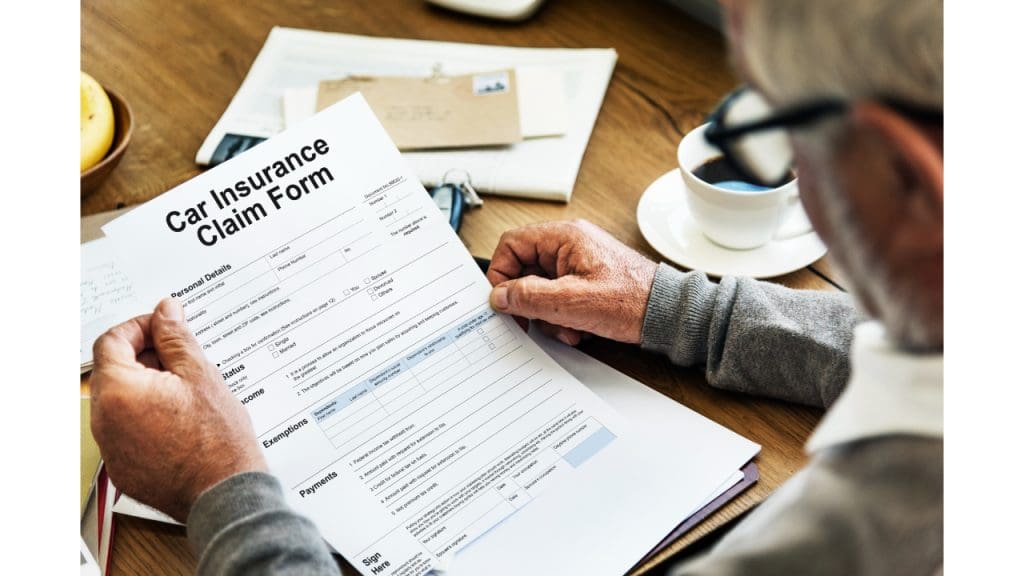Personal injury protection (PIP) insurance, also called no-fault insurance, is required by Florida law. This insurance helps Florida drivers pay for expenses related to injury or death from auto accidents.
Unlike some insurance policies, a PIP claim is generally paid regardless of who is at fault for the accident. Florida has specific laws concerning PIP insurance, and this guide will help you understand your policy with the insurance company and why you should carry PIP.
Personal Injury Protection PIP Coverage
Under Florida statutes, PIP insurance must cover lost wages, medical bills, and death or funeral costs. Again, eligibility doesn’t have anything to do with fault during a car accident.
Medical Expenses
Most medical costs related to medical treatment following an accident are covered by PIP insurance. A PIP benefits claim can be made for:
- Medication
- Medical services
- Surgical services
- Hospital expenses
- Diagnostic services
- Ambulatory services
- Rehabilitation services
The difference in Florida PIP coverage, at least when compared with what you may find in other states, is the limitation on the medical costs covered. Under the law, PIP will only cover medical expenses up to 80%. Additionally, PIP covers $2,500 in benefits if the injury isn’t considered an emergency medical condition. Health insurance may cover the remaining expenses, but only if it’s a policy that includes car accident injuries.
Lost Wages
If your automobile accident left you disabled and unable to work, Florida PIP will cover 60% of lost income. However, there is a $10,000 limit on this benefit. It can be used as payment for services you would normally be able to take advantage of but can’t because of the injury.
Death Benefits
PIP insurance covers death benefits in cases where the policyholder dies from the injuries sustained in an accident. It will also pay for funeral and burial costs; the policyholder or next of kin is also eligible to receive $5,000 for associated costs.
Florida Regulations Concerning Personal Injury Protection Insurance
Florida requires that you purchase at least $10,000 in PIP insurance from an insurance company. In order to help with the cost of the premiums, you could have a higher deductible on your auto insurance policy. You could also exclude work loss benefits, though this isn’t ideal, particularly if you were to suffer permanent injury in a motor vehicle accident.
Right to Sue
No-fault states typically use a PIP state law and the extra coverage it provides for medical payments to reduce lawsuits between parties involved in a car crash. However, injury protection PIP insurance doesn’t prevent drivers from suing, as long as the medical care costs exceed $10,000. You can use a lawsuit to recover any medical bills incurred, cover replacement services for the vehicle owner (when property damage occurred), and help mitigate the pain and suffering of the driver, family members, or friends in the car.
Additional Car Insurance Coverage
Because of the expenses related to an accident and personal injuries or property damage, it’s important to check with your own insurance company about adding additional coverage or extending the policy to include higher limits for things like bodily injury coverage, long-term disability/serious dysfunction or other economic benefits related to car accidents. Often, the minimum insurance limit set by the Florida legislature isn’t enough to cover medical care. This could leave you in serious jeopardy when the other driver doesn’t have enough insurance to cover claims related to your situation.
Help From a Personal Injury Law Firm
If you are coping with bills from medical providers or medical facility, you may need to call a personal injury lawyer. Personal injury cases help get you the compensation needed for medical attention and other expenses. To seek out a free consultation with and find a quality personal injury lawyer in your area, visit 1800AskGary today.


